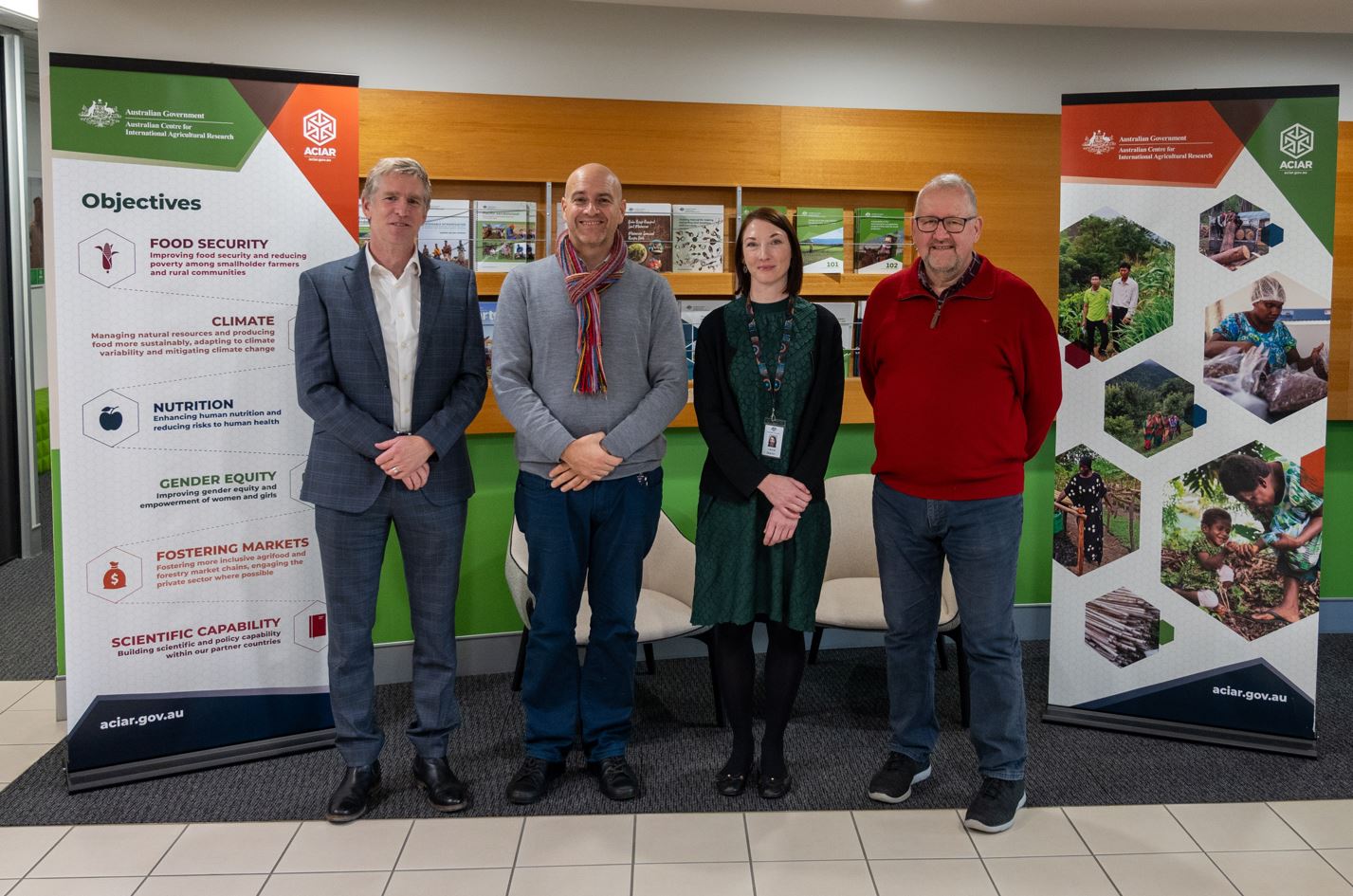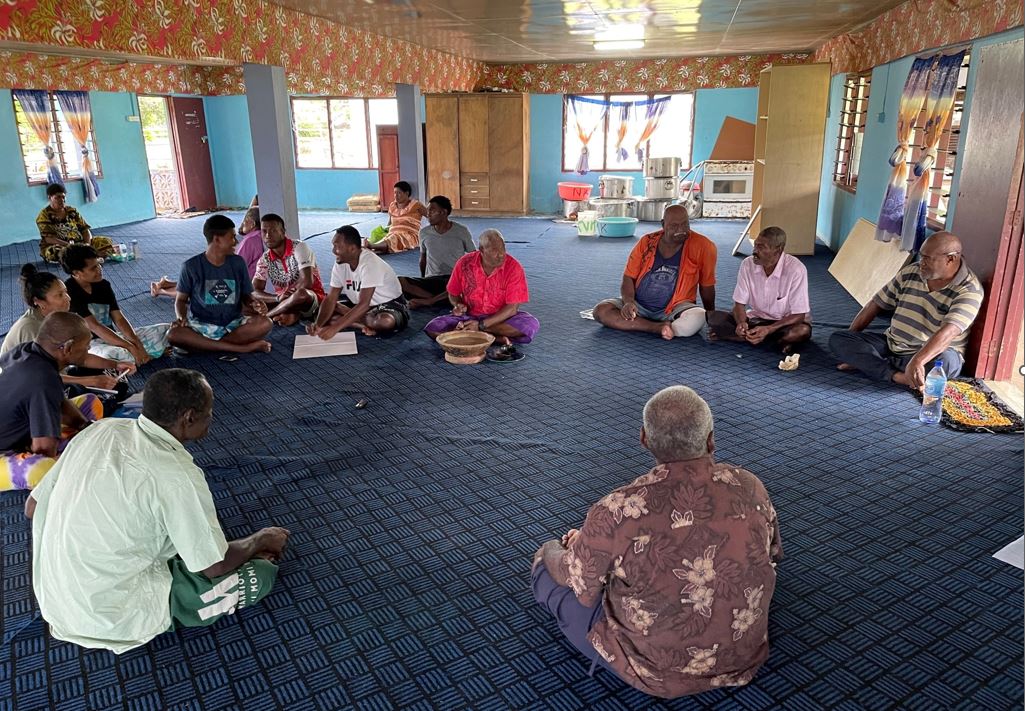Securing the future of sustainable water supply of Pacific coastal communities relocating due to rising sea levels is the focus of new ACIAR-funded research.
Led by the University of the Sunshine Coast (UniSC), the A$2.25 million 3-year project will work with communities, local and state governments in Fiji and Vanuatu to help inform sustainable decisions about where to relocate coastal villages.
As the impacts of climate change cause sea levels to rise, a large-scale movement of people and their communities going inland away from the coast is expected in the coming decades.
Project leader Professor Patrick Nunn from UniSC said a perfect storm is brewing in the Pacific as governments and other agencies battle to relocate vulnerable communities to suitable locations.
'Pacific islands in Melanesia are experiencing more rapid sea level rise than elsewhere, coupled with large populations, most of which are living on or near the coast. Hundreds of communities are likely to be forced to move inland in the next 20-30 years, and many will need to relocate autonomously,' said Prof Nunn.
'Water resources are a critical consideration when relocating communities, many of which rely heavily on subsistence agriculture for food and income security. Without sufficient water supply to sustain the relocated communities' water and food security needs, relocation may result in negative health and wellbeing outcomes.
'We must empower these vulnerable communities with the knowledge to make sustainable decisions about their future to help them adapt to the impacts of climate change.'
Global sea levels are rising at an average of 3.7 mm/year. Yet in many parts of the Pacific, sea levels are rising much faster, with Fiji recording 4.6 mm/year and some parts of Micronesia recording 12 mm/year over the past few decades.
'Our research will collaborate closely with Pacific institutions to build an evidence base for understanding current and future water usage. We intend to support policy-led and independent relocation efforts by understanding water-centred community preferences and relocation pathways,' said Dr Nunn.

Funded through the ACIAR Water Research Program, the project will involve close collaborations with researchers from CSIRO, the Australian National University, The University of the South Pacific and New Zealand's Lincoln University.
ACIAR Research Program Manager, Water, Dr Neil Lazarow, said the research effort will develop evidence-based water-focused plans to underpin the future viability of relocated coastal communities throughout the Western Pacific and help fill a valuable knowledge gap.
'For this project, water security is conceptualised as accessible, equitable and affordable access to water of a suitable quality to support livelihood activities, which, at a minimum, include subsistence agriculture,' said Dr Lazarow.
'While some attention has focused on the 'where' to relocate, more research needs to be conducted on the 'how' to sustain such locally relocated coastal communities, especially regarding their safe access to water, which is central to livelihood sustainability.
'We expect the research will provide an evidence base focused on water for developing policy for the Governments of Fiji and Vanuatu and their donor partners to support effective and sustainable upslope and inland relocation of vulnerable coastal communities.'
Vanuatu is recognised as one of the most vulnerable countries in the world to the impacts of climate change and disasters. Its population is projected to increase by 61% (200,000 people) by 2050.

Dual Australia-Fiji national and UniSC researcher Roselyn Kumar said the research will commence with water security and relocation scans to identify coastal settlements likely to relocate soon.
'Building on existing research, we'll be looking across Fiji and Vanuatu to identify coastal communities we can engage with knowledge exchange around water resources. The team will also seek out communities which have relocated in the last 20-30 years and assess what lessons may inform future relocations,' said Ms Kumar.
'Upon identifying communities that will be relocating, we will help evaluate options centred on water security using population and climate projections. From there, we can empower communities to identify relocation pathways and help fill any capacity gaps.
'The project will work closely with partner government agencies and other organisations to identify policy synergies and contribute to Fiji's and Vanuatu's national guidance to coastal communities which need to relocate.'
The project is scheduled to run until December 2027. Learn more via the ACIAR website.






